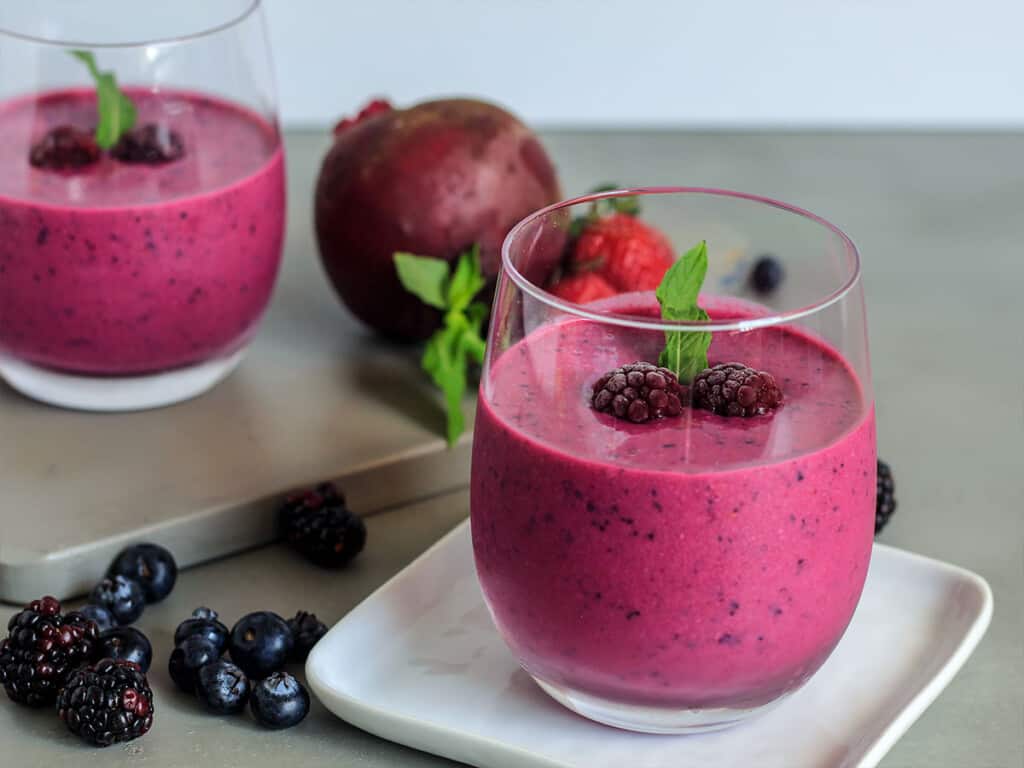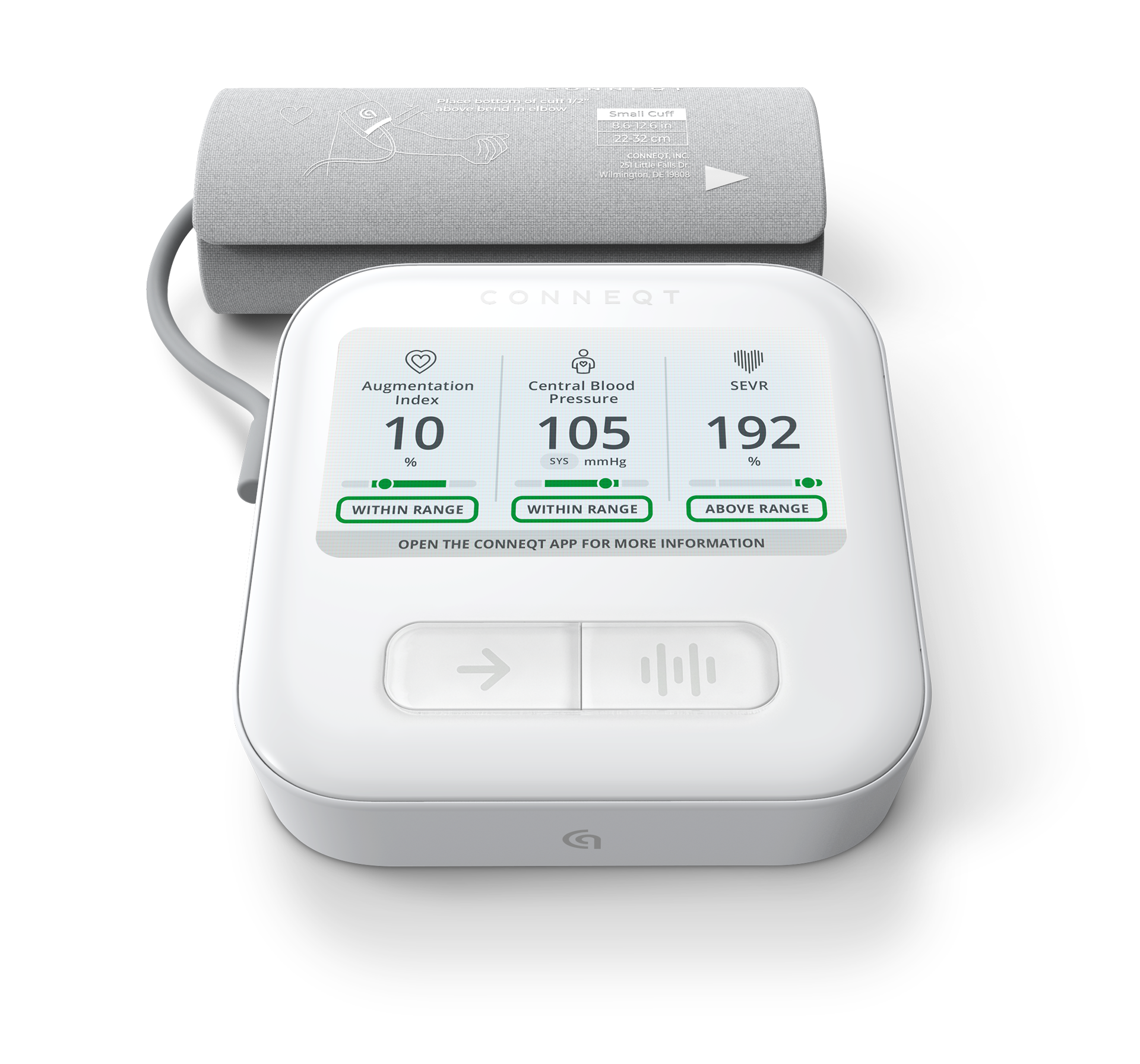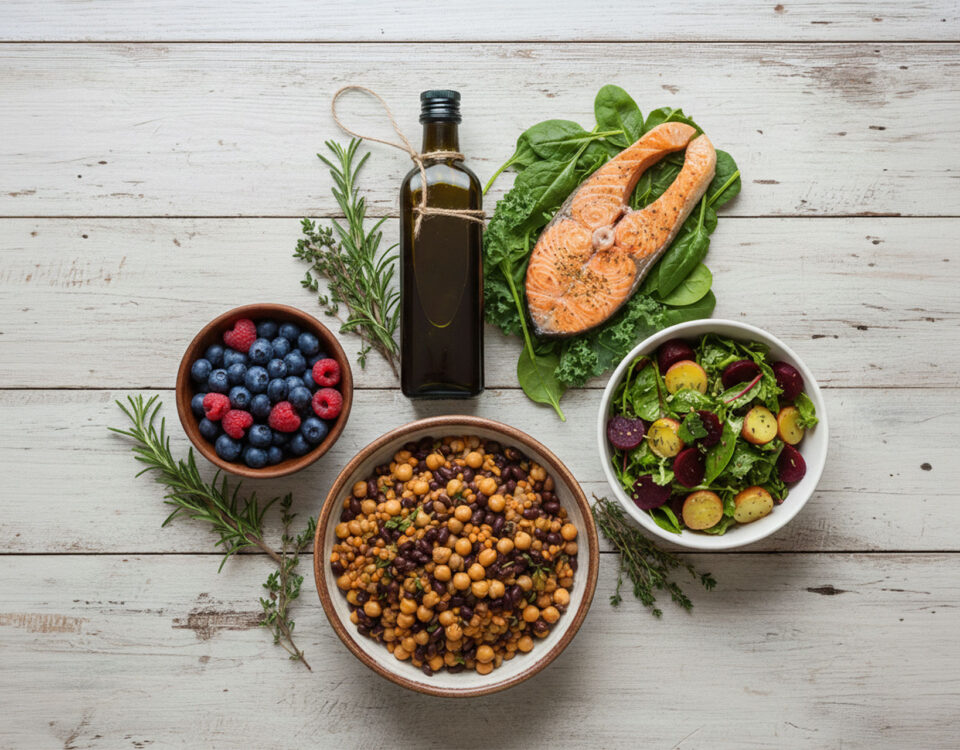An apple a day may keep the doctor away. However, a cup of blueberries might be even better when it comes to the smooth functioning of the vascular system, according to a study published March 25th in the American Journal of Clinical Nutrition. Researchers at the King’s College London Faculty of Life Sciences and Medicine in the United Kingdom found that eating the equivalent of one cup of wild blueberries a day improved measures of arterial stiffness, a key indicator of vascular health. The study also showed that regular consumption of this superfood boosts cognitive functioning and lowers blood pressure.

Study Overview
In the double-blind, placebo-controlled trial, participants were given either 26g of freeze-dried wild blueberry powder (302 mg anthocyanins) or placebo (0 mg anthocyanins) for 12 weeks. The researchers measured endothelial function by monitoring several key biomarkers, including flow-mediated dilation (FMD), cognitive function, arterial stiffness, blood pressure (BP), cerebral blood flow (CBF). They looked at the gut microbiome and these other hemodynamic parameters both at baseline and after 12 weeks of consumption.

Medical Grade, Accurate, FDA-Cleared Heart Insights.
Save 20% on checkout with code VITALITY
Benefits of Blueberries on Vascular Health
The group eating the blueberry powder had a statistically significant improvement in flow-mediated dilation and systolic blood pressure (with the latter decreasing by 3.59 mmHg). They also had faster reaction times and improved short-term memory compared to their cognitive tests at baseline. While no changes in cerebral blood flow or gut microbiota were found, the test participants had a much higher concentration of polyphenols in their system compared to the placebo group.
How Blueberries Improve Vascular Health
The researchers concluded that regular consumption of polyphenols could help reduce cardiovascular disease (CVD) and potentially improve memory and executive functioning in older adults at risk of cognitive decline.
Blueberry and Beet Vascular Boost Smoothie
Beets, which are high in nitric oxide, can also help improve vascular functioning. To brighten up the earthy flavor, add some nutrient-dense (but neutral-tasting) spinach, fresh-squeezed orange juice, and ginger.
1 cup blueberries
1/2 cup roasted beets (if using canned, rinse first to remove excess sodium)
1/2 whole orange (juiced)
1 tablespoon monk fruit sweetener
1 cup unsweetened almond milk
Handful of spinach
1/2 teaspoon fresh ginger
Add all the liquids to a Vitamix or other high-speed food processor, then add the solid ingredients. If the mix is too thick, add water. If you like it a bit sweeter, add another teaspoon of Monkfruit sweetener, which won’t spike blood sugar.








